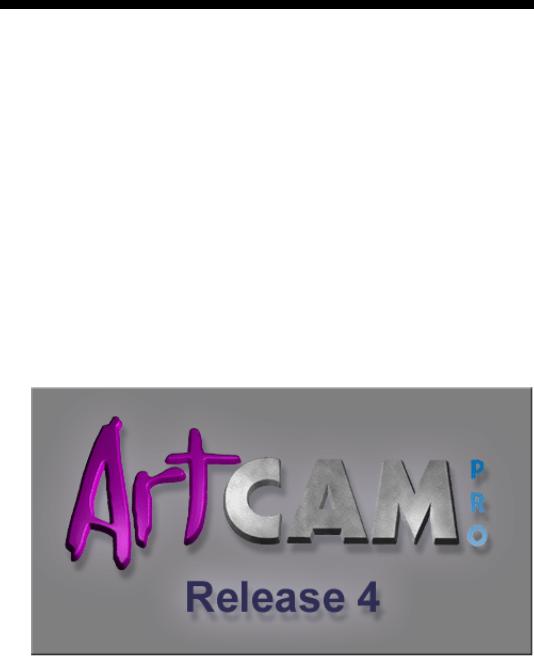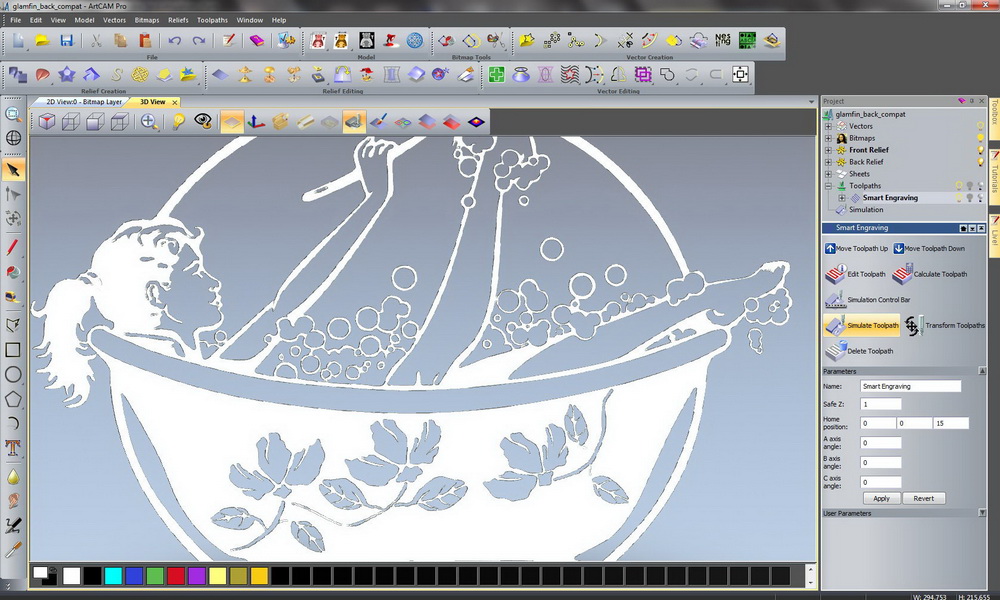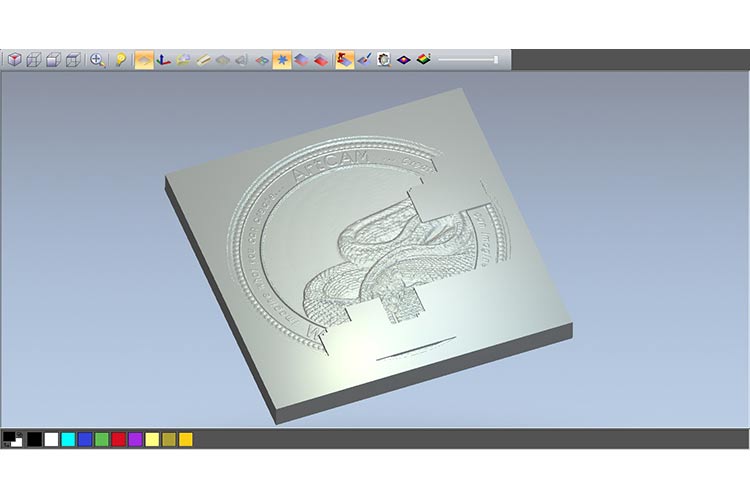
Load the most Southwesterly piece using Relief – Load – Paste. Create a new file, which is large enough to contain the pieces you made. Next we need to merge the multiple files together to make a single map. Close the file and then continue the process until you have created relief for each of the separate DEM files.ħ. A relief will be created, save this immediately as a relief (or art file).Ħ. This can be changed later, but will help us when we need to join the files back together.ĥ. 12 x 12) I normally use a height of 1 inch. Set the Method to – Image Size, set the Units to Inches (or whatever your preference is). I normally start South West and move East and then North progressively.Ĥ. Select one of the Bitmaps you saved from Wilbur.

In ArtCAM you will go through the following process.ģ. Continue this with the other DEM files you have if the area you are creating requires multiples. Go to FILE – SAVE AS – change save as type to Bitmap if not set already. Wilbur will create a grey scale – white high black low.ģ. Now select from the drop down menu – TEXTURE – GREY MAPS – HEIGHT MAP.

Next start Wilbur and go to FILE – OPEN and change the file filter to “USGS DEM Surface *.dem”.
#Buy artcam pro install
Once Downloaded, install it and you are ready to begin as soon as you get your DEM files.ġ. Once you have your DEM’s you need to use Wilbur to extract a grey scale from the DEM file. Remember you may need a number of pieces to make the map you want to build. The prices per piece vary on the types of data, but are between 2 and 10 dollars each – so very cheap.
#Buy artcam pro download
They can either e-mail the file, put it on a CD (for an additional cost) or you can download it. They should be able to quote you on the cost for the number of quads you will need. Then specify the type of DEM file you want. Ideally you should specify the top left corner, latitude and longitude and the lower right corner the same way. So to get the part of the earth you want to model. This is not as detailed, but if you are doing a large area such as a city or national park this is the best choice. The other size of DEM is a “3 arc second DEM” these are square and about 7000 sq. 6.5 miles x 10.5 miles rectangles (approx. Or by e-mail sell DEM files in USGS standard pieces (Quads), they are working on being able to give you just the data you need, but at present you have to buy the rectangles.ĭEM’s are in 2 sizes, “7.5 second DEM’s” are the more detailed and are approx. Best place for this is Mapmart –, a good contact there is Rebecca Murray. If you are lucky you will find the piece you need for free, this is unlikely though as the web site is tough to navigate in.Īs it can be difficult and extremely time consuming to find the piece of the earth that you need when doing this, by far the best method and what I would recommend is buying the pieces you need. The DEM data is available for download from the USGS web site – a good starting point is –. Then the process is similar to that use for lithophanes. ArtCAM has no way to extract the information out of the file, so we need to use a piece of shareware called Wilbur to convert it.

This file format contains a very large amount of information, which ArtCAM does not need. The starting file format is called a DEM file (Digital Elevation Model). This has applications for Architects to do land studies and presentations, for museums and national parks for maps of areas they are in. ArtCAM can very easily be used to create terrain maps from USGS data files.


 0 kommentar(er)
0 kommentar(er)
